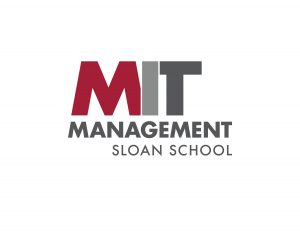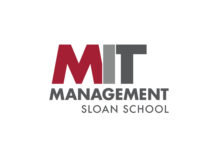A friend of mine and current MIT Master in Finance student is teaching a class at on Game Theory and what poker and finance have in common. The fact that the guy teaching it is a legit, world class poker player makes it even better. I was pumped when he asked me if I would post his class on my site and I happily said yes. Even better for all of you, the class will be available on MIT OpenCourseWare. Here is the article on his class and all of the relevant links:
———-
Poker and finance are two of a kind, according to Kevin Desmond, a Master of Finance student in the class of 2015, who says the same strategic thinking that can help you win the card game can yield successful finance and investing decisions.
“A lot of very successful people in finance have a background in poker,” said Desmond, who taught Poker Theory and Analytics to 150 students this winter during MIT’s Independent Activities Period. “Coming into a career in finance already understanding risk management on a personal level is critical [to success].”
Having competed at the very top level of the poker world, Desmond has also worked as an analyst for Morgan Stanley in New York. He explained that poker and trading both require balancing expected returns against associated risks and said that in both activities the key to success is self-discipline.
“I think a lot of poker players play for the sake of gambling, but I think that’s largely a bad way to go at it … The result of any one hand should not be material,” Desmond said, noting that a common pitfall is to “play too high,” or risk too much. “My recommendation for the right way to play is focused on mastering the basics before moving on to another level.”
The class introduced students to poker strategy, psychology, and decision-making in eleven lectures. Students also played a lot of poker—about 5,000 hands, or the equivalent of a year of in-person poker, according to Desmond—using an online program that enabled classmates to play one another for fake money.
“Your understanding of poker is related to the number of hands you play more than anything else,” Desmond said. “Playing online lets you play more games faster than in person.”
Desmond’s class featured several speakers, including Bill Chen, a professional player best known for his appearances on the Game Show Network’s High Stakes Poker television show, Matt Hawrilenko, a Princeton graduate who won more than $1 million at the World Series of Poker in 2009, and Aaron Brown, chief risk manager at AQR Capital Management.
“Every speaker brought a unique view of [his] experience and the application of poker to a long-term career,” Desmond said, noting that strategies involved in poker are much more advanced than one might assume from watching the game on television. “I think one thing that caught people by surprise is they didn’t see how far the rabbit hole went down in terms of analysis in poker.”
Desmond’s class featured a wealth of prizes for players who made it to the top of the leaderboard, ranging from an iPad Air to signed copies of popular poker books. The course culminated in a live tournament that offered $3,500 worth of non-cash prizes.
Despite the potential for material winnings, Desmond maintained that the lessons from the class were even more valuable. “This class gave students the opportunity to be risk takers in a global market, which I think is difficult to replicate in any other way,” he said. “Poker is a game with virtually no barriers to entry. You can be playing anybody in the world. To risk your own money and effectively play against the world is something very similar to what a trader has to do in making trading decisions.”
Flush with the success of his class, Desmond approached MIT OpenCourseWareabout making his course materials available online. OpenCourseWare, which averages 2.5 million site visits each month, will host Poker Theory and Analytics beginning in May, complete with syllabus, assignments, and high-definition videos of class lectures.
Desmond is thrilled. “The poker class epitomizes one of reasons I came to MIT Sloan—a chance to contribute ideas I put together to the school and to the world in a way that when you’re working, you don’t get to do,” he said. “When I produce something for MIT, it has a wide reach.”



